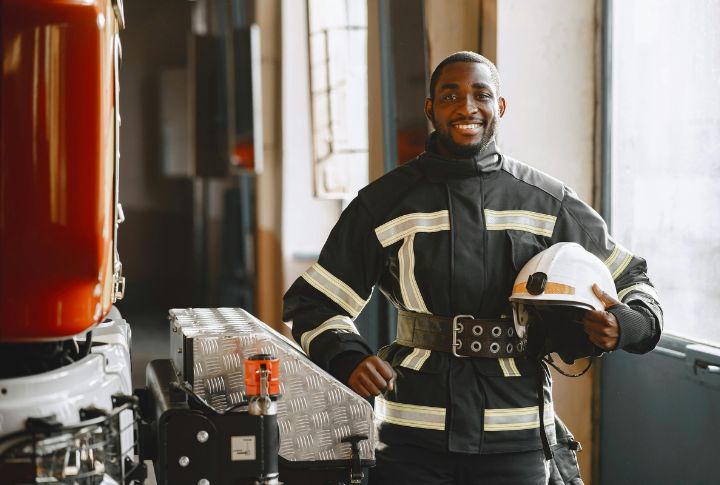
When faced with life’s challenges, who do you rely on? Is it the voice behind a 911 call or the expert scribbling on a prescription pad? Trust is earned and doesn’t come with a name badge. Some professions nail it. Others lose it fast. Let’s rank the careers Americans respect or reject most.
Nurses

Few roles feel more vital in moments of panic than a nurse’s. Trained to manage emergencies and ease discomfort, nurses often earn confidence without trying. What sets exceptional medical professionals apart is their emotional steadiness, which enables them to remain calm and effective even in the most chaotic situations.
Car Salespeople

Start with a handshake, end with second thoughts—sounds familiar? Car salespeople tread a fine line between helping and hustling. Some truly care about matching you with the right ride. Others? Not so much. Either way, public faith rarely parks comfortably in their corner of the lot.
Teachers

Under the hum of fluorescent lights, teachers shape children’s habits and horizons. You remember the one who made you feel smart or safe. As mentors, they leave a lasting impact that goes beyond the lessons they teach. Their attentive listening and guidance continue to influence their students’ big decisions years later.
Telemarketers

Buzzing phones rarely bring news worth hearing when it’s a telemarketer. The tone is scripted, and the timing is usually off. You’re not rude for hanging up; you’re seasoned. For them, the challenge goes beyond closing deals. Will they get heard before the conversation is cut short?
Members Of Congress
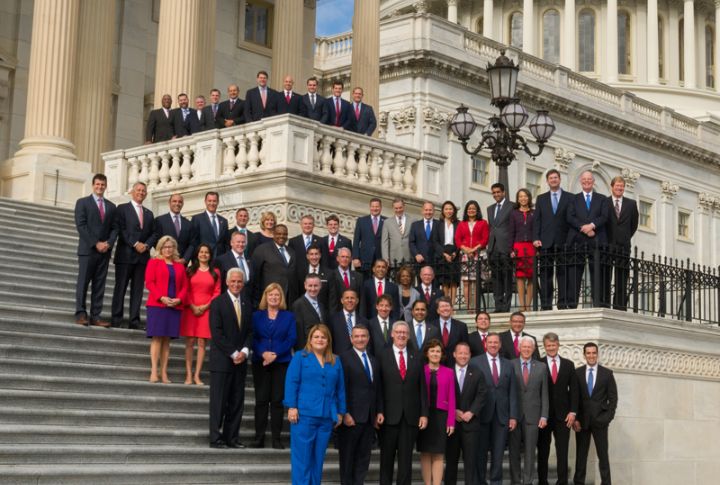
Promises echo louder during election season but quieter once votes are tallied. Members of Congress often face public doubt not because of what they say but because of what they forget to follow through on. That disconnect turns attention into suspicion quicker than most realize.
Lobbyists
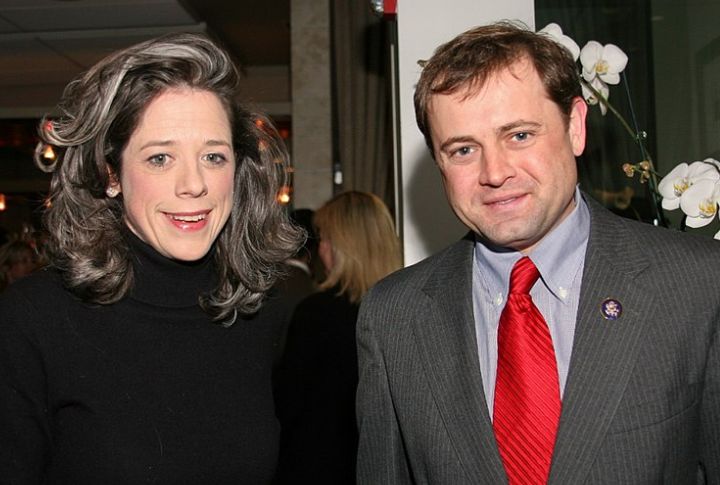
Lobbyists know how to influence decisions without press conferences or public input. The secrecy surrounding strategic influence is not inherently criminal but rather a deliberate tactic. However, this lack of transparency often forces people to question the principles behind it, especially when the benefits seem to favor those in power.
Military Officers
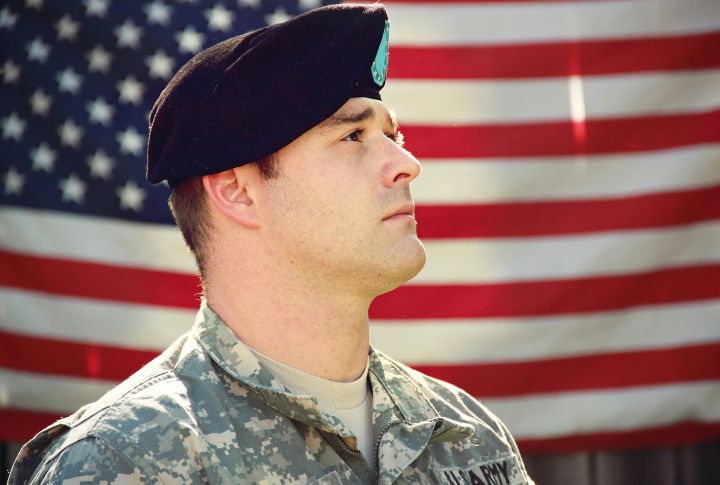
For military officers, discipline and sacrifice are not just buzzwords but deeply ingrained habits forged under extreme pressures that few civilians can imagine. That seriousness creates a foundation of respect. Even in peacetime, many rely on these leaders to carry the kind of responsibility others would drop without warning.
Pharmacists

Behind every counter sits someone who knows more than pill names. Pharmacists build credibility by carefully reviewing medications and providing personalized guidance that complements a doctor’s care. For many, the calm, reassuring voice makes medicine feel safe and manageable.
Advertising Executives

Ads people craft what they think you need before you realize it. That’s a skill but also a gamble. Clever campaigns blur into manipulation fast. When every message feels calculated, sincerity becomes the rarest currency. The result? Public faith often feels more bought than earned.
Doctors

When pain takes hold, a doctor’s confident decision-making can reset the chaotic rhythm to bring a sense of reassurance. You don’t hand them trust, they earn it during a health crisis. Still, public trust has fallen, from 77% in 2020 to just 53% in 2025, reflecting a shift in perception.
Real Estate
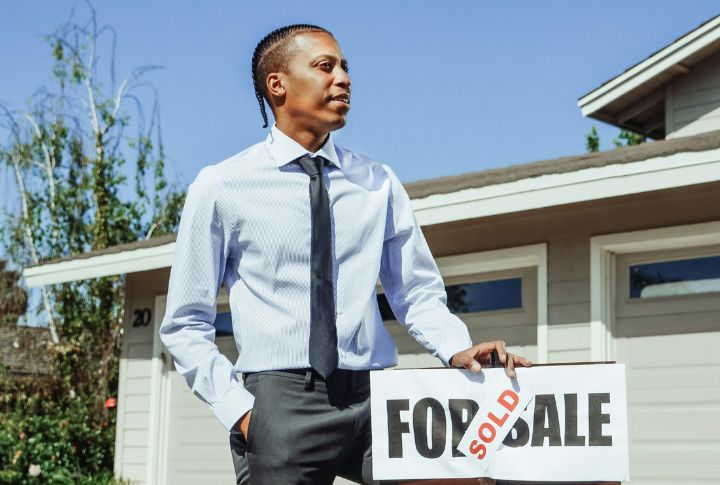
Real estate agents live between open houses and tons of paperwork. Some lead honestly; others push too hard. The profession’s reputation often hinges on moments when buyers feel rushed instead of reassured. While no specific 2025 data is available, there’s a general perception of mixed public trust.
Scientists

Peering through microscopes or analyzing data sets, scientists often work far from daily life, yet their impact touches everything. Their credibility doesn’t come from charm but clarity. When public attention drifts, they stay focused. That consistency is what earns them steady respect over time.
Insurance Salespeople

Insurance salespeople often use complex language filled with clauses and fine print, which can leave clients feeling confused rather than confident and assured. Even when intentions are good, the process rarely feels transparent. That disconnect between offer and outcome keeps their standing lower than most expect.
Police Officers
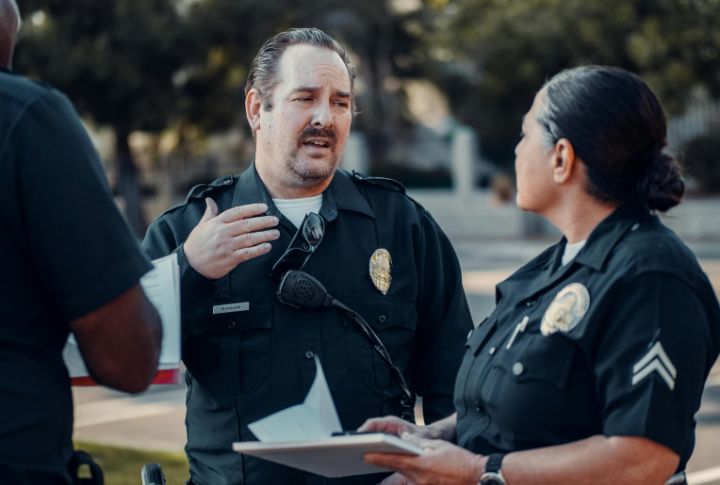
Uniforms represent protection to some and tension to others. Police officers walk into the unknowns, and public perception trails close behind. In 2025, 44% of Americans report high trust in police, with 20% expressing low trust. These numbers are shaped by political polarization and high-profile incidents that fuel diverging views.
Clergy
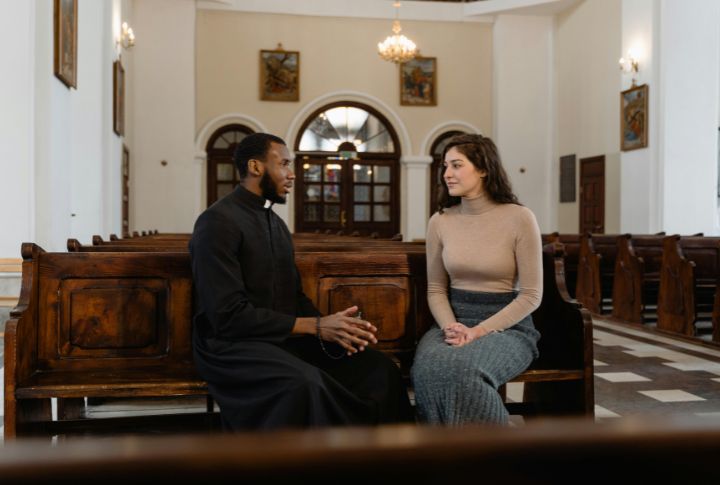
Spiritual guidance often begins in silence, shared across pews and personal stories. Many still turn to the clergy for comfort and direction. However, trust has declined sharply to 30% in 2025, down 26 points since the early 2000s. Scandals and shifting societal expectations have reshaped how the role is viewed.
Lawyers
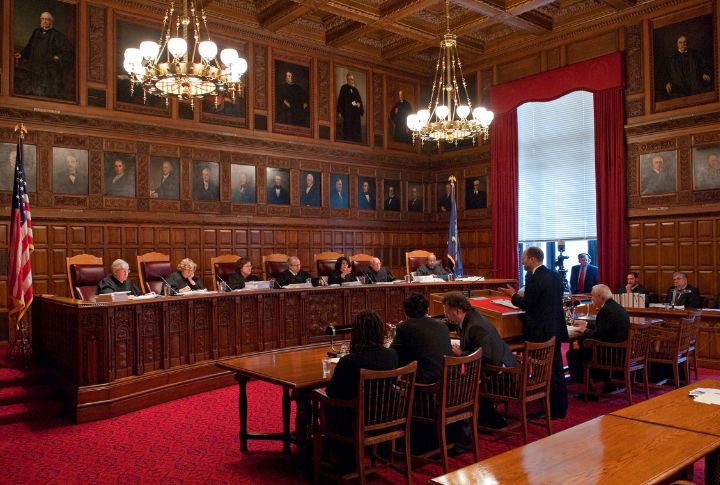
Mastering the art of exploiting legal loopholes and withstanding intense cross-examinations, lawyers often prioritize winning their cases over popularity. Clients may depend on them, but the public watches with guarded eyes. It’s not dishonesty that’s doubted; it’s whose truth they’re paid to defend.
College Professors
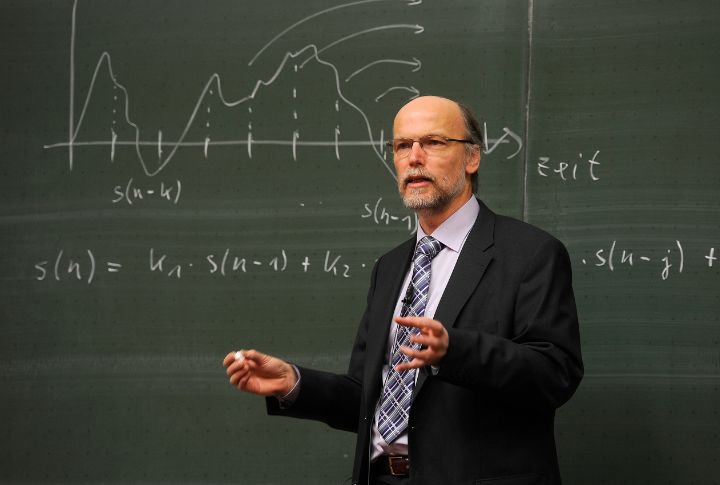
Complex theories and academic rigor aren’t designed for applause. Professors shape minds quietly. Still, shifts in curriculum and rising tuition have softened the glow around the podium. Some call it bias; others call it bold. While not included in 2025 polling data, this reflects broader public perceptions of declining trust in academia.
Journalists
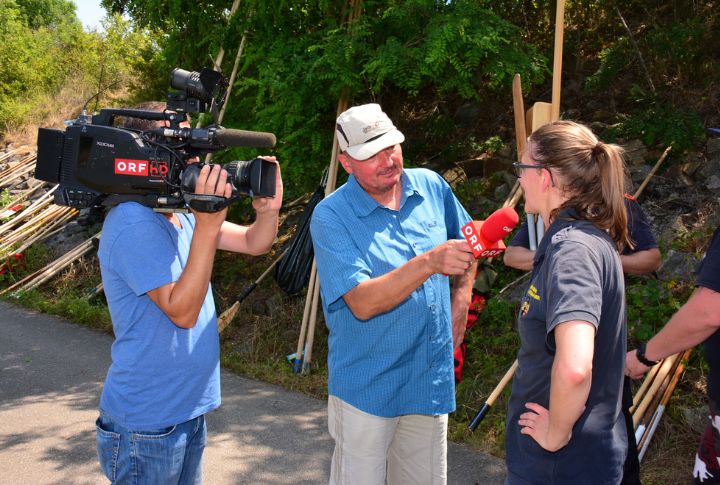
Journalists face immense pressure as they work to inform the public, but the challenge of scrutiny can sometimes lead to biases, eroding trust and leaving readers wondering what’s been left untold. As a result, they must continually strive for accuracy to maintain the public’s trust in a democratic society.
Business Executives

Top executives may hold power, but trust is built on the ground. Their decisions can be unclear, driven by profit or personal bias. They might have impressive resumes. However, public trust often falls short of the lofty skyscrapers they occupy.
Firefighters
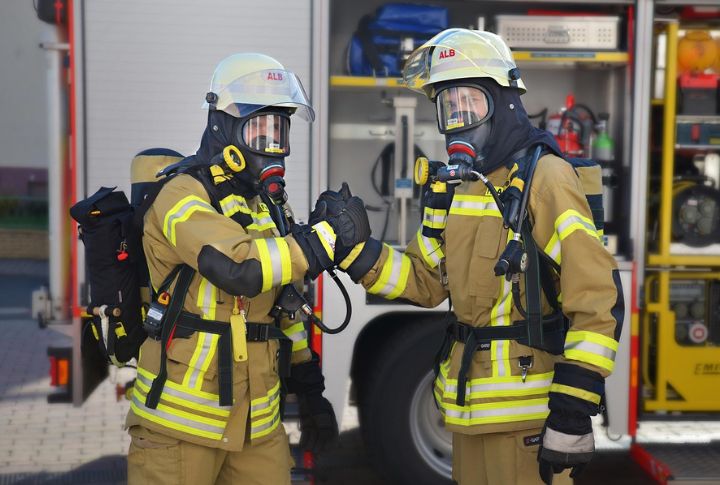
Smoke creeping under a door. Panic blaring from every corner. Then—hoses and voices with purpose save the day. Firefighters earn trust and respect by showing up when everything burns. It’s not just bravery but their consistency in the worst conditions. That’s what turns heads and hearts towards them.

